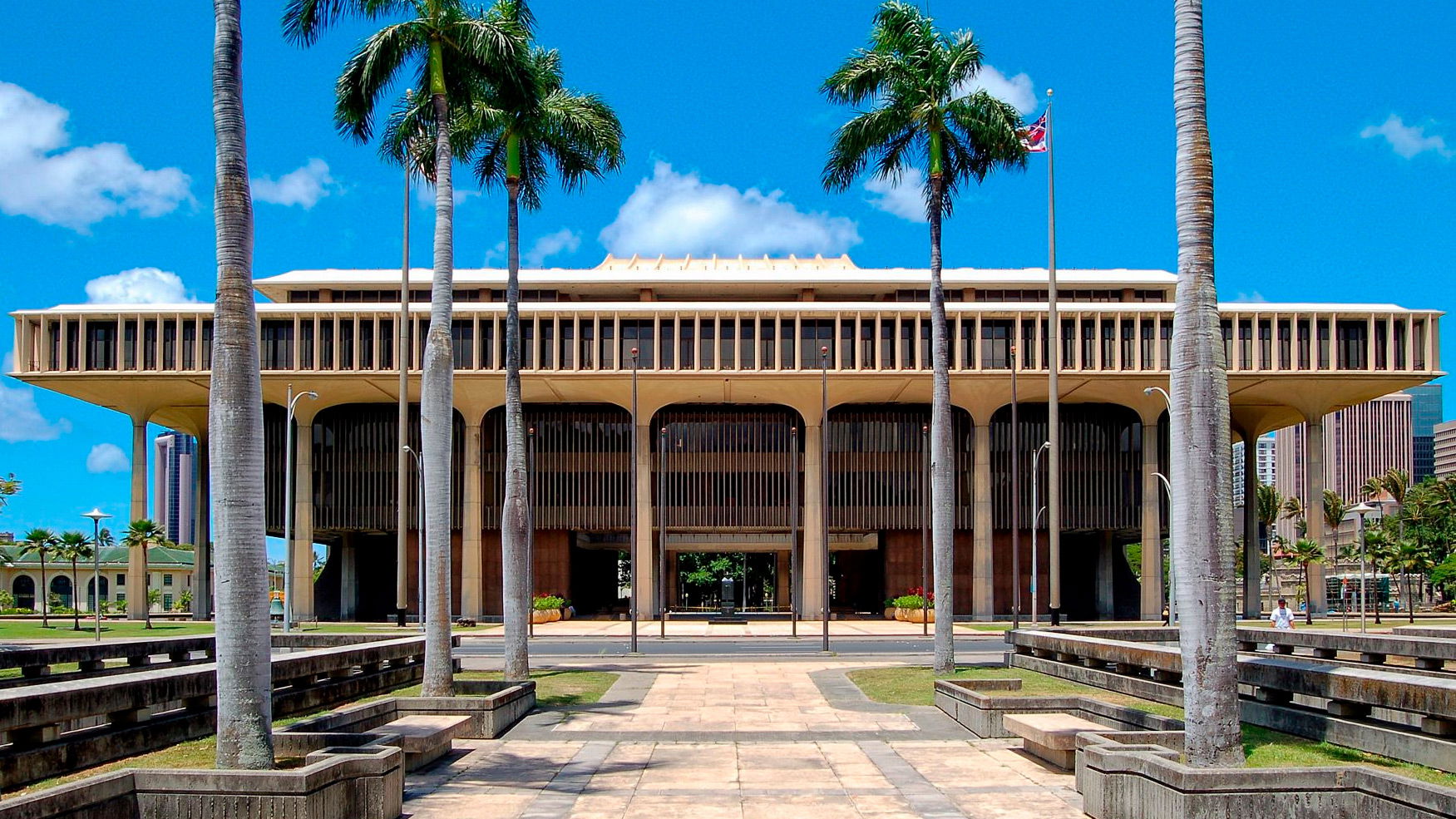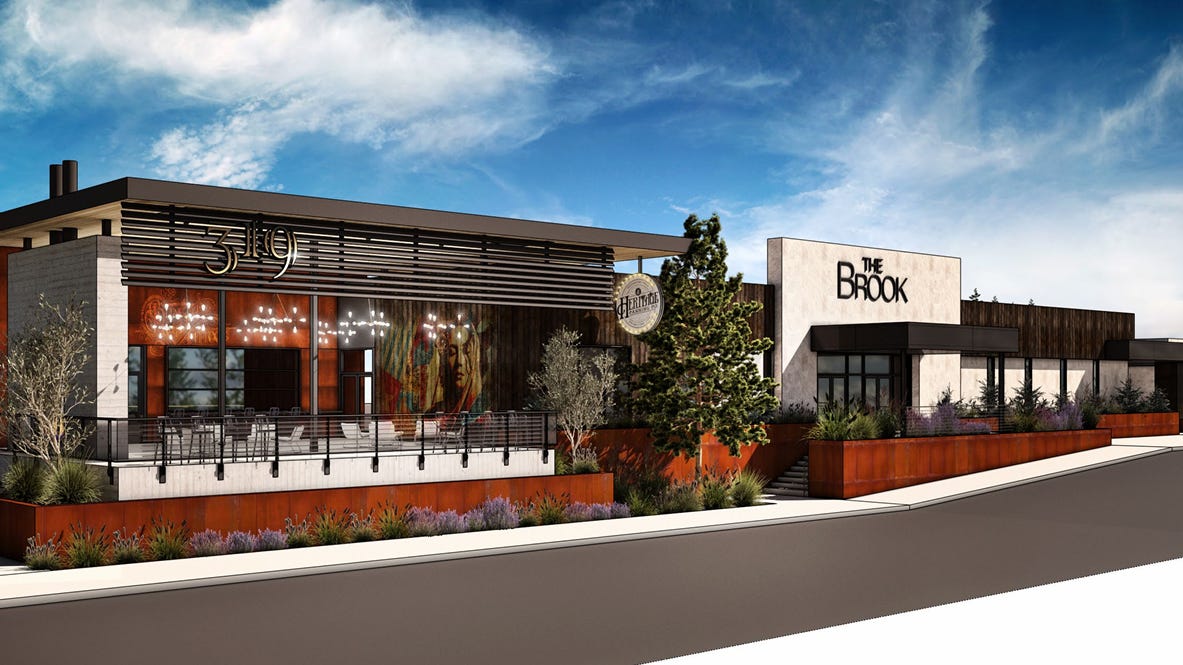Lower Manhattan residents are pushing back against a proposal that would add a casino to Hudson Yards and cut the number of homes that were once agreed on as part of the development.
The 2009 rezoning deal between developer Related Companies and the city promised to bring close to 5,800 apartments to Hudson Yards, and more than 300 of them would be designated as affordable. Now, Related seeks to build a casino in the campus’s undeveloped western railyard portion in partnership with Wynn Resorts — but the plan would cut the number of market-rate units to about 1,500. While the number of affordable units remains the same, local community leaders pushed back against the drastic cut to housing during a City Planning Commission hearing this week.
“The most intricate plans and beautiful renderings cannot paper over the fact that this latest Related-Wynn plan for the western rail yards is a betrayal of the public trust that allowed Related to Build on the eastern rail yards in the first place,” Brian Mattlin, president of the 200 West 25th Street Block Association, said during Wednesday’s hearing.
Manhattan Borough President Mark Levine and the project’s local community board have already both panned the project for similar reasons.
“We need the 5,000-plus units that were anticipated in the original 2009 plan — and more,” Mattlin said. The city is in the throes of a housing crisis, with rents at record highs and vacancy rates at historic lows citywide.
Representatives for Related told city planning commissioners that the expense of the land itself — and the $2 billion platform upon which the new site would be built — meant that the commercial ventures were necessary to make the residential units a reality.
“It’s very challenging to make the numbers work,” said Andy Rosen, chief operating officer for Hudson Yards. “We’re subsidizing the land for that residential building with the commercial space. That’s how we’re making that math work.”
In addition to the proposed casino, the developers’ revised plan would allow for office, residential and hotel space, plus a new park and a public school. They also presented an alternative plan on Wednesday without the casino. The proposed casino site must first clear land use hurdles with the city ahead of going before state gaming regulators.
Representatives said it would create 35,000 union construction jobs, and thousands of other workers would be employed even longer-term at the gaming resort.
Many opponents say they’re angered by plans to reduce the number of homes, and are demanding an even higher allotment of affordable units than before. Other critics say it will obstruct views from the High Line and cast shadows over the linear park.
The plan has some influential backers persuaded by the companies’ promises to create jobs and affordable homes. Related and Wynn also pledged to invest 1% of gross gaming revenues in community programs, which company representatives say will come to roughly $200 million over 10 years.
The union representing building workers, 32BJ, spoke in support of the plan on Wednesday, as did Women in Need, or WIN, the city’s largest family shelter and supportive housing provider. It’s among the organizations poised to benefit from the proceeds.
“ This plan calls for the construction of hundreds of new, affordable housing units, the creation of 5,000 permanent union careers in the resort — a majority of which would not require a college degree, as well as the $200 million community benefits package,” said Maya Jasinska, WIN’s director of policy and research, during the hearing.
But critics are adamant that it will do little to address New York’s housing crisis. And many community members said they’re incensed over what they feel is a sleight-of-hand by developers who proposed a more community-minded vision for Hudson Yards more than a decade ago, in exchange for the public’s support and the city’s approval for its initial development.
Layla Law-Gisiko, president of the City Club of New York, a local civic organization focused on land use and preservation issues, said the proposal would “actively undermine the principles of responsible urban planning.”
“Let’s be clear: It is not just a minor adjustment,” she said. “This is actually a fundamental defaulting of the commitments made to the community and the city.”





